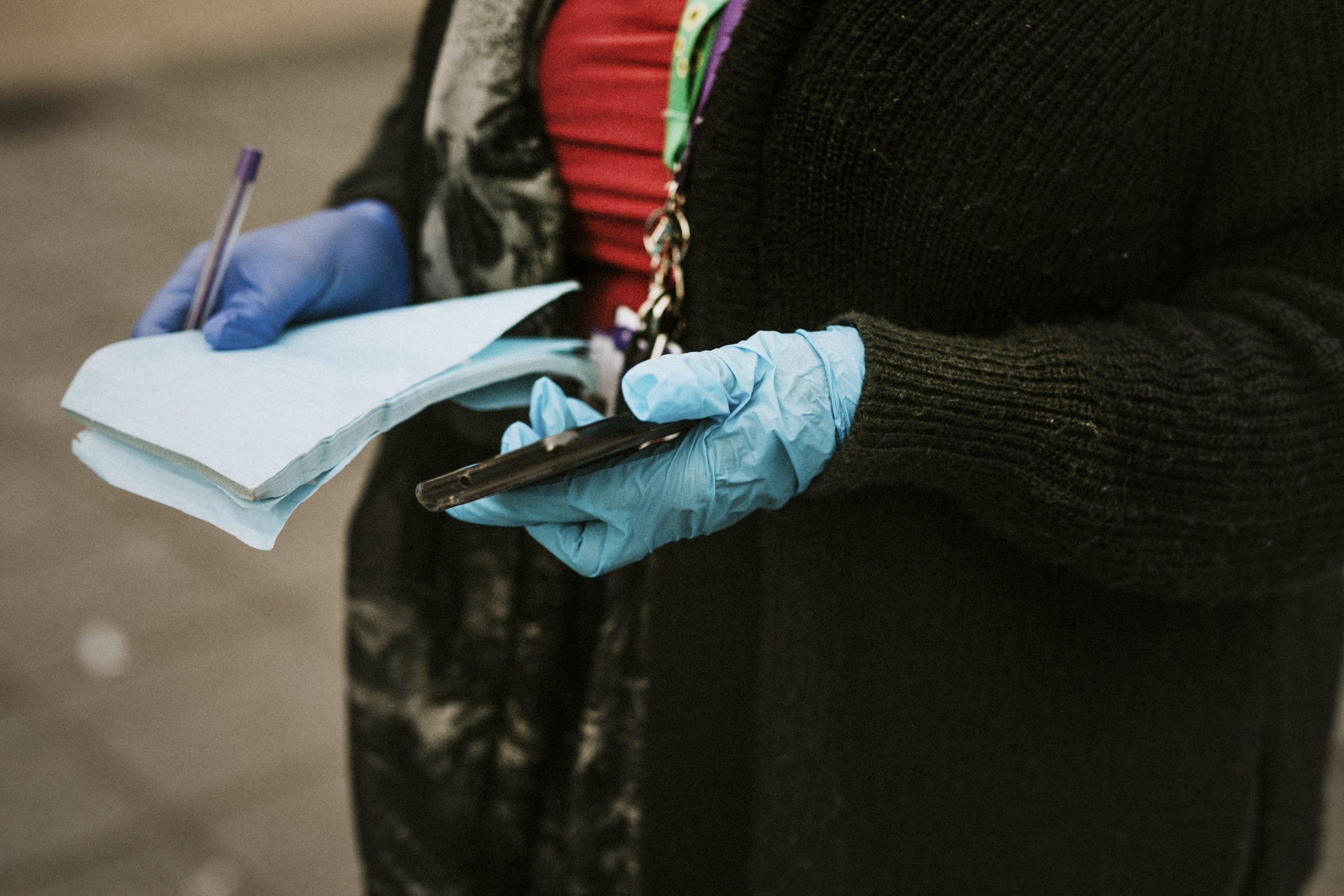Long live the girls! Providing support for homeless women

To alleviate the impacts of COVID-19 policies, many initiatives have been developed by civil society organisations – NGOs, local governments, or citizens. A team of national researchers from the RESISTIRÉ project has collected and highlighted a set of particularly relevant initiatives in 27 European countries and in Iceland, Serbia, the United Kingdom and Turkey. These Better Stories cover eight specific domains: gender-based violence, the labour market, the economy, gender-pay and pension gaps, gender care gaps, decision-making and politics, environmental justice, human and fundamental rights.
This Better Story was collected by Agnes Kende.
A local organisation with a wide range of activities
In Hungary, the Budapest Bike Maffia has been paying close attention over the years to the situation of women who are homeless. Before the pandemic, the volunteer organisation, started in 2011 by socially conscious inhabitants of Budapest, was already raising awareness and collecting basic needs products – like hygiene products – from various places around the city (cafés, pubs and clubs, community spaces,…). During the pandemic, the local organisation continued these activities, combined with a more ambitious project: a gynaecology clinic was set up in partnership with the Budapest Methodological Centre of Social Policy and Its Institutions (BMSZKI), which is the largest homeless service provider in the city. The clinic, which opened in October 2022, is aimed at homeless and vulnerable women. The ambition is to give the possibility to those who have been unable to go to a gynaecologist – because of being barred from facilities, trauma and/or a fear of humiliation – to finally do so in a safe and trusted environment.
This is a service that will provide care for hundreds of women: they will be examined for gynaecological problems, given medicines to help them recover and will also be able to undergo cervical cancer screening.
A successful initiative with a long-term impact
In addition to the furnishing and construction of showers, waiting rooms, examination rooms, handwashing facilities and toilets, the first six months of operation were pre-financed to obtain the licence to operate. Funds were obtained through donations. After the base period of six months, the clinic will be financed by the National Health Insurance Fund (NEAK). In the meantime, however, the Budapest Bike Maffia still has to provide the doctor, nurse and social worker’s fees, medical equipment, medicines to be given to the patients, etc.
The initiative was made possible by a successful collaboration between the Budapest Bike Maffia, who equipped and furnished the clinic and the BMSZKI, who is operating the clinic, as well as NEAK will take over funding.
Image from rawpixel.com on freepik
